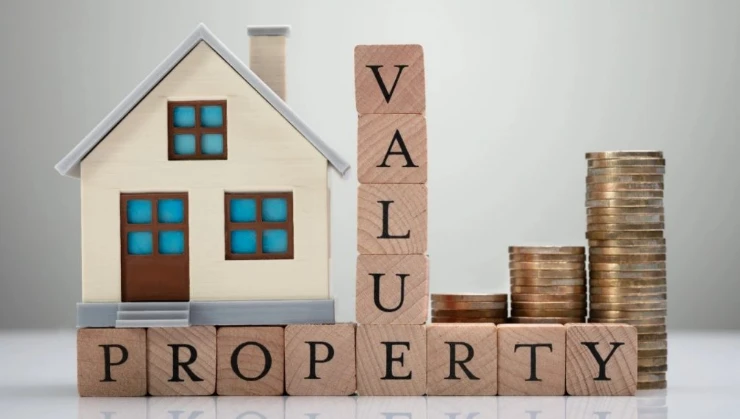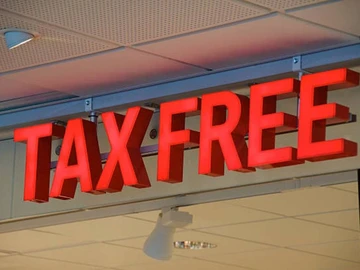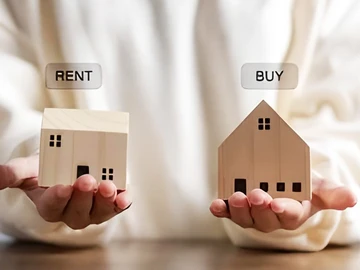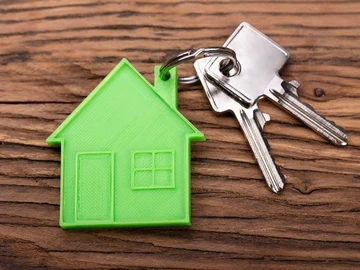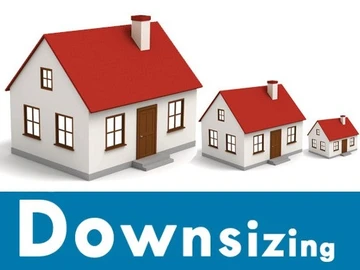As a property owner in Zimbabwe, it's crucial to understand your local property tax responsibilities. Municipal taxes, also known as local property taxes, fund essential services like water supply, sanitation, and road maintenance. These taxes play a vital role in generating revenue for local governments, and fulfilling this financial obligation is a critical aspect of responsible property ownership.
Why Pay Property Tax?
Paying local property taxes is crucial for several reasons:
- It's mandatory by law, and failure to pay can result in penalties and legal action.
- Your taxes contribute to the maintenance and improvement of essential services in your community.
- By paying your taxes, you're investing in the well-being of your community and ensuring that these essential services continue to function effectively.
Overview of Zimbabwe's Real Estate Market
Zimbabwe's real estate market is projected to grow by -0.80% (2024-2028), resulting in a market volume of US$104.20bn in 2028. The market is characterised by:
- There is a strong demand for affordable housing options
- A mixed outlook for the commercial sector
- Concerns about oversaturation and ineffective design in the retail segment
- Growing investment in real estate
- Increasing demand for housing and commercial space
- Development of new suburbs and residential areas
- Renovation and upgrading of existing properties
- Increased use of technology in property marketing and sales
The Zimbabwean property market in 2024 is projected to have several key characteristics:
- There is a strong emphasis on affordable housing, indicating a growing demand for accessible residential options
- A mixed outlook for the commercial sector suggests a combination of positive and negative trends
- Concerns in the retail segment regarding oversaturation and ineffective design highlight potential challenges in this area
Types of Property Ownership in Zimbabwe
There are four main types of property ownership in Zimbabwe:
A legal document identifying property ownership, issued by the Deeds Registry. Before purchasing, verify ownership by conducting a deed search. The Deeds Registry maintains a land register with a numbered reference system.
The Title Deed contains essential information, including registration number, owner's details, property description, and any mortgages, leases, or encumbrances. Existing mortgages or caveats must be lifted before transferring ownership. Having a Title Deed provides the most secure ownership, and it's essential to ensure a smooth property transaction
- Sectional Title:
Allows individuals to own units within a larger complex with shared common space. A developer creates a sectional title scheme, dividing the complex into units and common areas. Unit owners form a body corporate to manage the complex, paying monthly levies for maintenance and expenses.
Each owner receives a Sectional Title Deed, proof of ownership outlining their rights and responsibilities. When a unit is sold, the deed is transferred to the new owner, who assumes all rights and responsibilities, making Sectional Title a popular choice for homeowners and investors.
- Cession:
A document transferring property rights to a buyer until a title deed or sectional title deed is issued. This allows buyers to purchase property before the developer meets the conditions for a compliance certificate, which enables the transfer of properties and the issuing of title deeds. Cession agreements enable buyers to sell the property to someone else, and the developer will issue a new cession to the new buyer.
When title deeds are issued, they will be in the name of the current owner, and previous owners are not shown on the title deed. Cession fees are payable when selling a property under cession, but there are no transfer or conveyancing fees. Capital Gains Tax is also payable, but there is no system in place to enforce payment.
- Block Share and Company:
This involves owning shares in a private limited company that owns the property. Before Sectional Title, Block Share, or Company Share, was used to own units in a block. This method involves owning shares in a private limited company that owns the property.
The company's Memorandum and Articles of Association outline ownership rights and responsibilities. While still valid, this method has limitations, such as no public registry for share certificates and limited security for lenders. Sectional title is generally preferred, but converting from block share to sectional title can offer advantages like individual title deeds and increased security for lenders.
Registration Process and Importance
Property registration in Zimbabwe includes the submission of an application to the Deeds Registry, along with necessary paperwork like the deed of transfer, certificate of ownership, and evidence of payment for stamp duty and registration fees.
The registration process serves as evidence of ownership, safeguards against fraud and disagreements, allows for the transfer of ownership, and eases access to financial assistance and loans.
Moreover, it guarantees adherence to legal obligations and establishes a reliable and transparent property ownership record. Registration plays a vital role in preventing unauthorised transactions, confirming rightful ownership, and keeping the land register current.
Property Taxes
Local municipalities in Zimbabwe enforce property taxes by periodically appraising property values and creating an annual rate structure based on a percentage of these assessments. The property tax amount is calculated as a percentage of the property's assessed value, with rates varying depending on the local authority and property classification.
Payment of Property Taxes
Property taxes are typically paid annually, but some local authorities may allow quarterly or monthly payments. Payment methods vary, but common methods include direct payment to the local authority, payment through a bank or online platform, or payment through a property management company.
The percentage varies depending on the property type and local authority. Payments are typically made annually, but some authorities may allow quarterly or monthly payments. Common payment methods include direct payment, bank or online platforms, or property management companies.
The assessed value of residential properties is subject to property taxes ranging from 0.5% to 1.5%. Commercial properties, on the other hand, are taxed at a rate of 1% to 3% of their assessed value. Industrial properties face a higher tax rate, ranging from 1.5% to 4% of their assessed value. When it comes to the payment of property taxes, the usual practice is to pay them annually.
However, some local authorities may offer the option of quarterly or monthly payments. The methods of payment can vary, but commonly include direct payment to the local authority, payment through a bank or online platform, or payment through a property management company for commercial or industrial properties. It's important to note that the exact calculation and payment methods may differ depending on the specific local authority and location.
To obtain accurate information, it is advisable to consult with the relevant local authority or a qualified professional or visit cities, towns, and rural councils.
Property Maintenance and Repair Responsibilities
Landlords are typically responsible for repairing and maintaining common areas and the building structure, while lessees are responsible for maintaining the interior of the premises they occupy.
Resolving Property Disputes
Property disputes in Zimbabwe can be resolved through negotiation and mediation, arbitration, or litigation (court proceedings). It's essential to seek legal advice from a qualified attorney in order to navigate the legal process effectively.
The legal process involves:
- Filing a court application or summons
- Serving the opposing party with legal documents
- Exchange of pleadings and evidence
- Court hearings and trials
- Judgement and appeal (if necessary)
It's essential to seek legal advice from a qualified attorney in order to navigate the legal process effectively.
In conclusion, understanding your local property tax obligations, types of property ownership, registration process, property taxes, and maintenance responsibilities is crucial for responsible property ownership in Zimbabwe. By fulfilling your financial obligations and understanding your rights and responsibilities, you can contribute to the well-being of your community and ensure a positive rental experience
 Continue with Facebook
Continue with Facebook
 Continue with Email
Continue with Email

